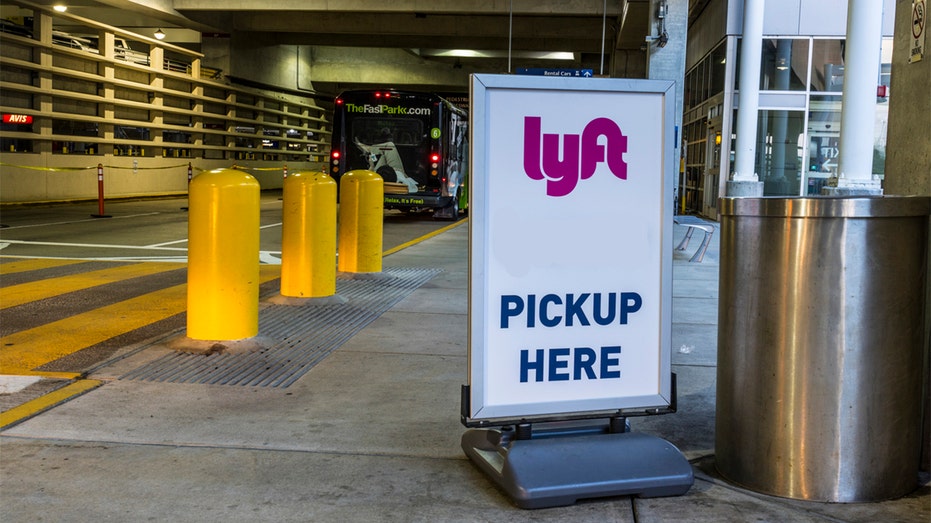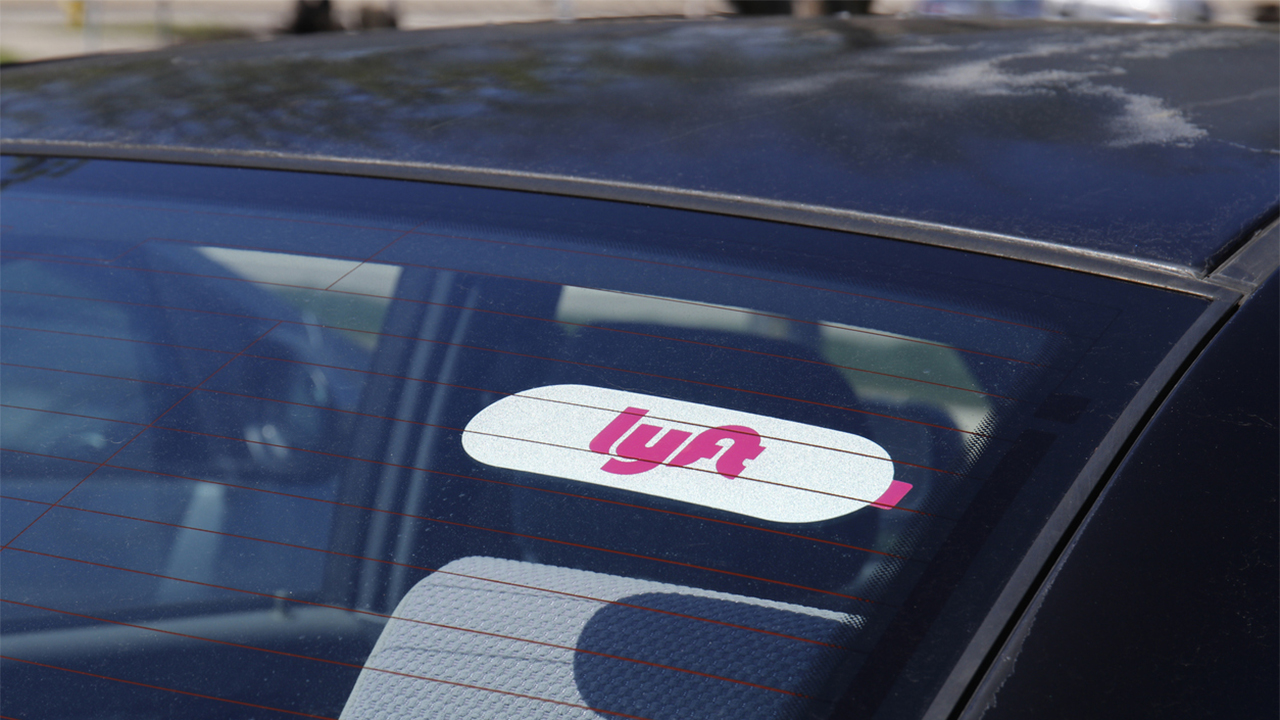Lyft rolls out coronavirus essential delivery program
New option for drivers as COVID-19 keeps riders home
Get all the latest news on coronavirus and more delivered daily to your inbox. Sign up here.
Ride-sharing app Lyft is piloting an “essential deliveries” program as a new option for its drivers as the coronavirus pandemic has led to a drop in rides.
Lyft announced it was adding the program in 11 cities to provide services for government agencies, nonprofits, health care organizations and other businesses to deliver groceries, medical supplies, home necessities, auto parts and other essential items.
| Ticker | Security | Last | Change | Change % |
|---|---|---|---|---|
| LYFT | LYFT INC. | 16.46 | +0.62 | +3.91% |
UBER, LYFT, DOORDASH CONSIDER CORONAVIRUS FUND FOR QUARANTINED DRIVERS
The program is being rolled out in Atlanta, Austin, Dallas, Houston, Indianapolis, Orlando, Phoenix, San Francisco, San Diego, San Antonio and Seattle, according to Lyft. The company said it would continue adding partnerships in order to expand to more cities.
Drivers will be able to opt into the program. Deliveries will work pretty much the same as normal Lyft rides, according to the company, except the drivers will pick up and drop off a package weighing no more than 50 pounds.
LYFT SENDS SAN FRANCISCO WORKERS HOME DUE TO CORONAVIRUS CONCERN

Ride-sharing companies Lyft and Uber pickup spot at an airport (File photo)
GET FOX BUSINESS ON THE GO BY CLICKING HERE
In addition to providing needed deliveries, the service is a way for the app’s drivers to continue working amid a decline in business. While Harry Campbell, founder of The Rideshare Guy blog and podcast, told FOX Business in early March that ride-share companies like Uber and Lyft had seen a bump in business as commuters sought to avoid dense public transit, Lyft said it has seen a decline in ride requests as the pandemic has left millions of Americans working from home.
“We know this is a challenging time to be on the road and ride requests are down because of COVID-19, so Lyft is exploring new ways for you to keep earning if you choose to drive,” the company told drivers.




















